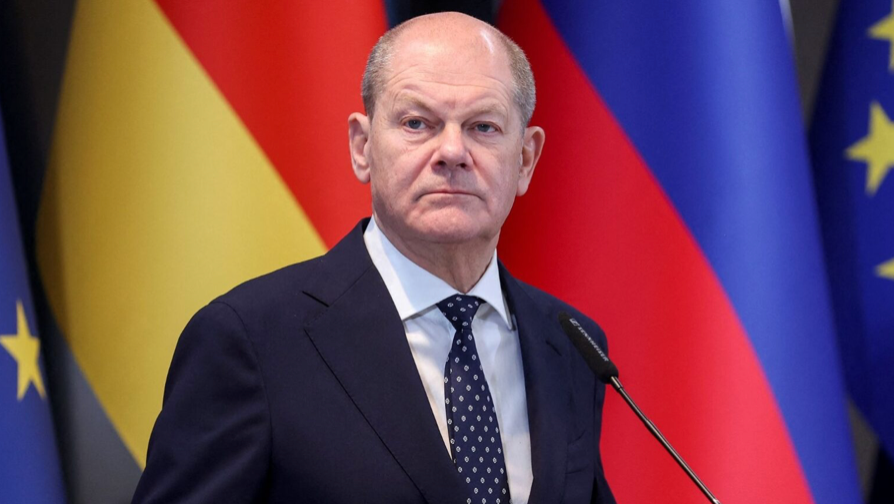Perspective: Germany's Imminent Existential Crisis
- Michel Santi
- May 4, 2025
- 2 min read
Germany's economic roots are deteriorating due to its energy dependence on Russia and trade reliance on China, jeopardizing its identity as well.

In 2018, during the trade conflict, the US instituted an average tariff of 12.5 percent on imports from China. The immediate outcome? The Yuan has progressively declined by a comparable magnitude. Allow the United States to implement a tariff on imports from the Eurozone. For the European Union, the optimal defense will be…
“We Germans direct our attention to Moscow and Warsaw.” A German acquaintance revealed to me three years ago, "Paris and London are cities of the past." It was still the golden era for a nation persuaded that globalization, very advantageous to its industries, would endure indefinitely. Angela Merkel, lauded as the “indispensable European” by The Economist, was regarded as the most influential leader in Europe, if not globally.

Three years prior, the decisions that would determine Germany's current trajectory had already been established by consecutive Chancellors. They all underscored their intimate association with Vladimir Putin, exhibiting no critical detachment about his gas policies. Consequently, Merkel's unilateral and extensive decision in 2011 to decommission all nuclear power reactors in Germany. The foundation of a new Europe was established on the pivotal bilateral connection between Germany and Russia, epitomized by the Nord Stream pipeline over the Baltic Sea. The collaboration with China would ensure favorable trade surpluses.

For the nation's economic and political leaders, the course appeared unequivocal, irrespective of whether German industry was entrenched in a previous century. The amalgamation of superior completed goods, availability of inexpensive energy, and access to Chinese markets created the illusion that Germany could endure the impending supremacy of artificial intelligence.

Currently, Germany confronts a genuine existential crisis, as its economic model is in disarray. It has lost awareness of its relationships and its own identity. Germany has become uncertain of its strengths and has lost clarity over its global role.

Chancellor Olaf Scholz, previously a fervent proponent of Germany's unique rapport with China, exemplifies this ambiguity. From 2011 to 2018, during his tenure as mayor of Hamburg, Scholz undertook multiple journeys to China, where the nation's foremost officials actively sought his favor. As Chancellor, he has been unwilling to endorse a European vote to slap taxes on Chinese electric vehicles. Impeded by apprehensions regarding trade conflicts, Scholz now candidly recognizes Germany's reliance on China - a reliance that presents significant issues for his nation.

Chinese items are currently inundating the German market and exhibit significant competitiveness. In contrast to Germany, China — having significantly invested in 21st-century technologies — now produces goods that are not only less expensive but also of superior quality compared to those manufactured in Germany.
The collapse of Germany is systemic, exacerbated by a loss of autonomy. These are the repercussions of prolonged trade surpluses. Profits may have been obtained, but at the expense of dependency and sovereignty.










Comments